Cells, Free Full-Text
Por um escritor misterioso
Descrição
The genus Aspergillus, one of the most abundant airborne fungi, is classified into hundreds of species that affect humans, animals, and plants. Among these, Aspergillus nidulans, as a key model organism, has been extensively studied to understand the mechanisms governing growth and development, physiology, and gene regulation in fungi. A. nidulans primarily reproduces by forming millions of asexual spores known as conidia. The asexual life cycle of A. nidulans can be simply divided into growth and asexual development (conidiation). After a certain period of vegetative growth, some vegetative cells (hyphae) develop into specialized asexual structures called conidiophores. Each A. nidulans conidiophore is composed of a foot cell, stalk, vesicle, metulae, phialides, and 12,000 conidia. This vegetative-to-developmental transition requires the activity of various regulators including FLB proteins, BrlA, and AbaA. Asymmetric repetitive mitotic cell division of phialides results in the formation of immature conidia. Subsequent conidial maturation requires multiple regulators such as WetA, VosA, and VelB. Matured conidia maintain cellular integrity and long-term viability against various stresses and desiccation. Under appropriate conditions, the resting conidia germinate and form new colonies, and this process is governed by a myriad of regulators, such as CreA and SocA. To date, a plethora of regulators for each asexual developmental stage have been identified and investigated. This review summarizes our current understanding of the regulators of conidial formation, maturation, dormancy, and germination in A. nidulans.
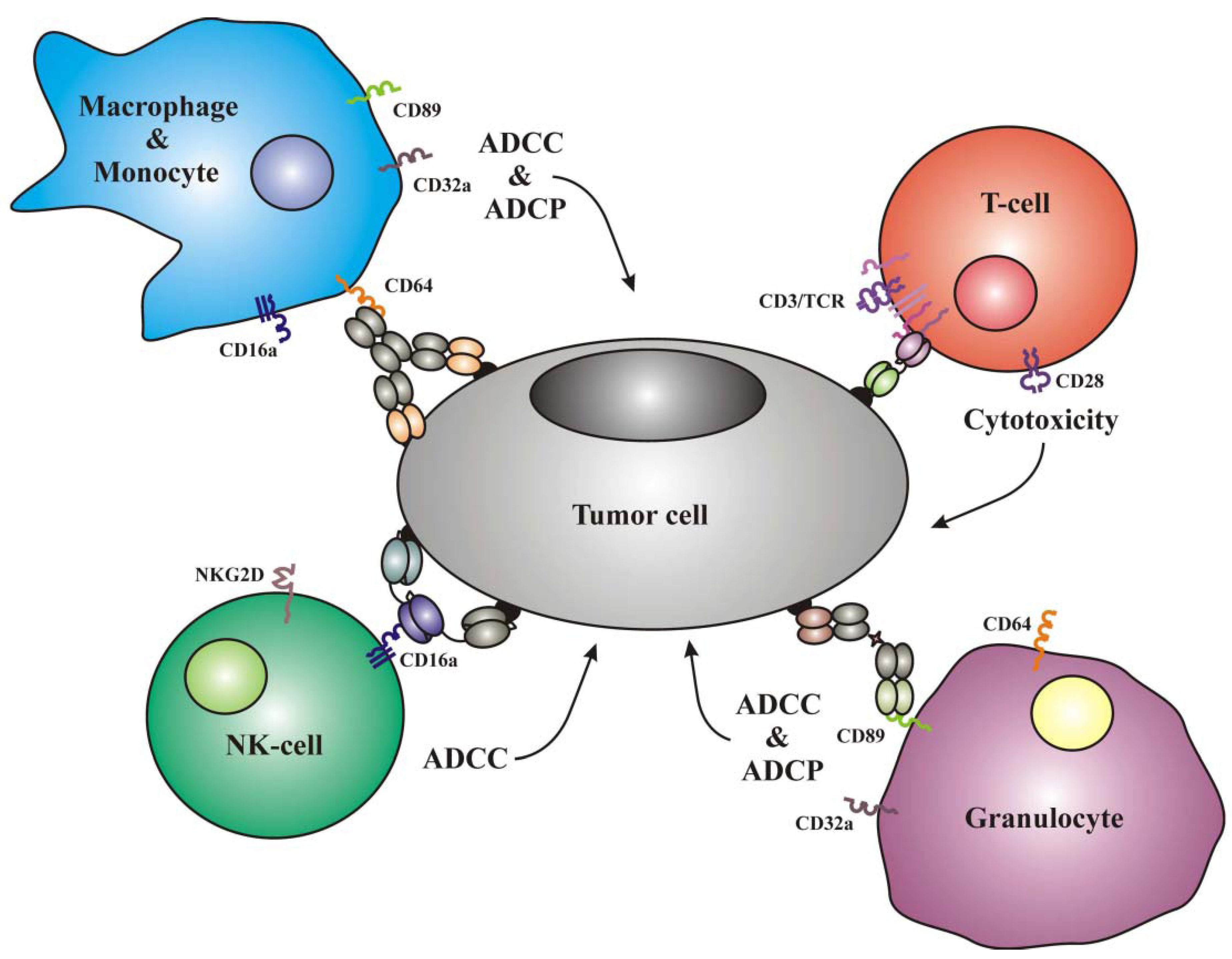
Antibodies, Free Full-Text

Cell-free expression and synthesis of viruses and bacteriophages: applications to medicine and nanotechnology - ScienceDirect

Cell Circuits and Complex Tissues
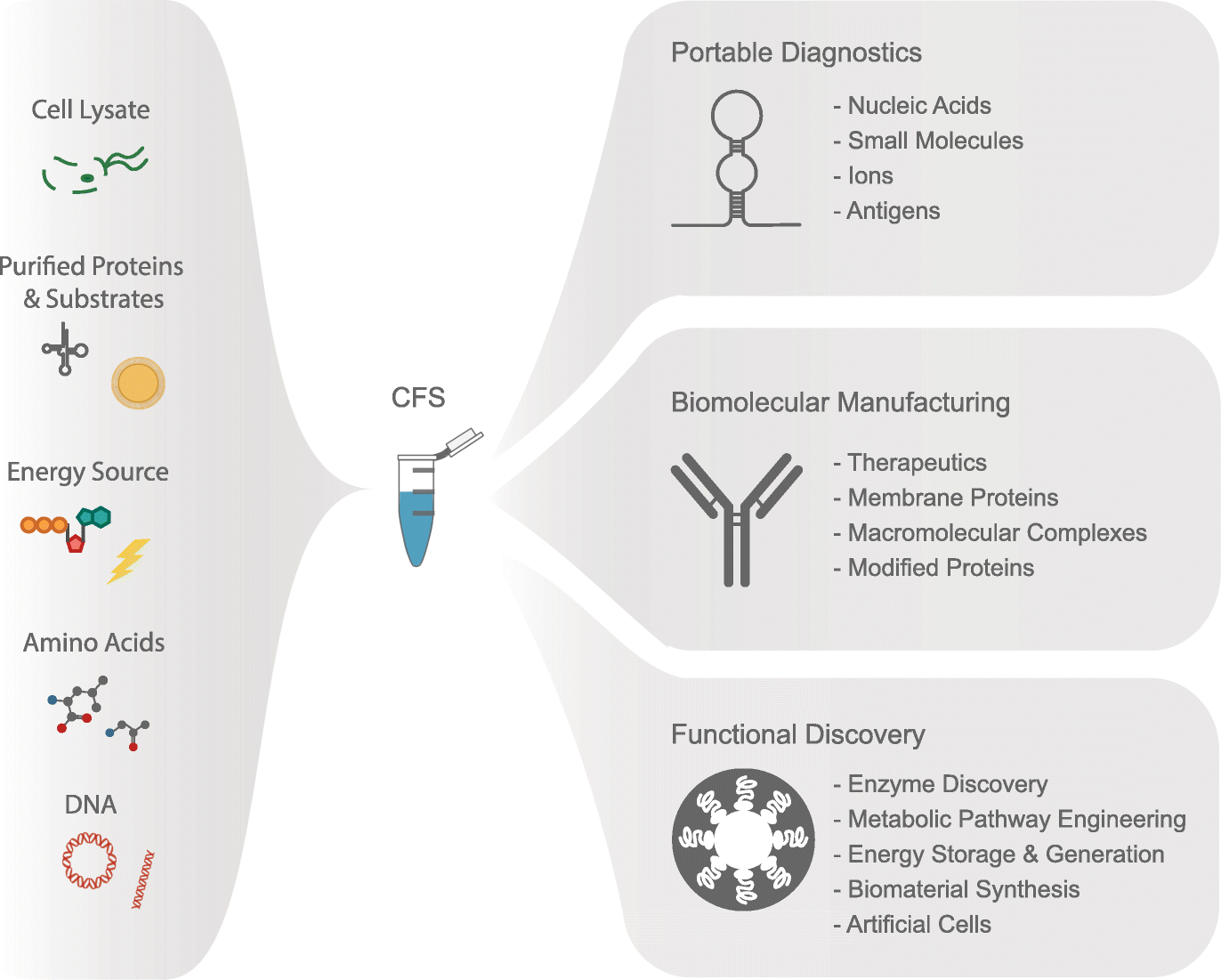
Cells, Free Full-Text

Cells, Free Full-Text

Five-Year Outcomes for Refractory B-Cell Lymphomas with CAR T-Cell Therapy
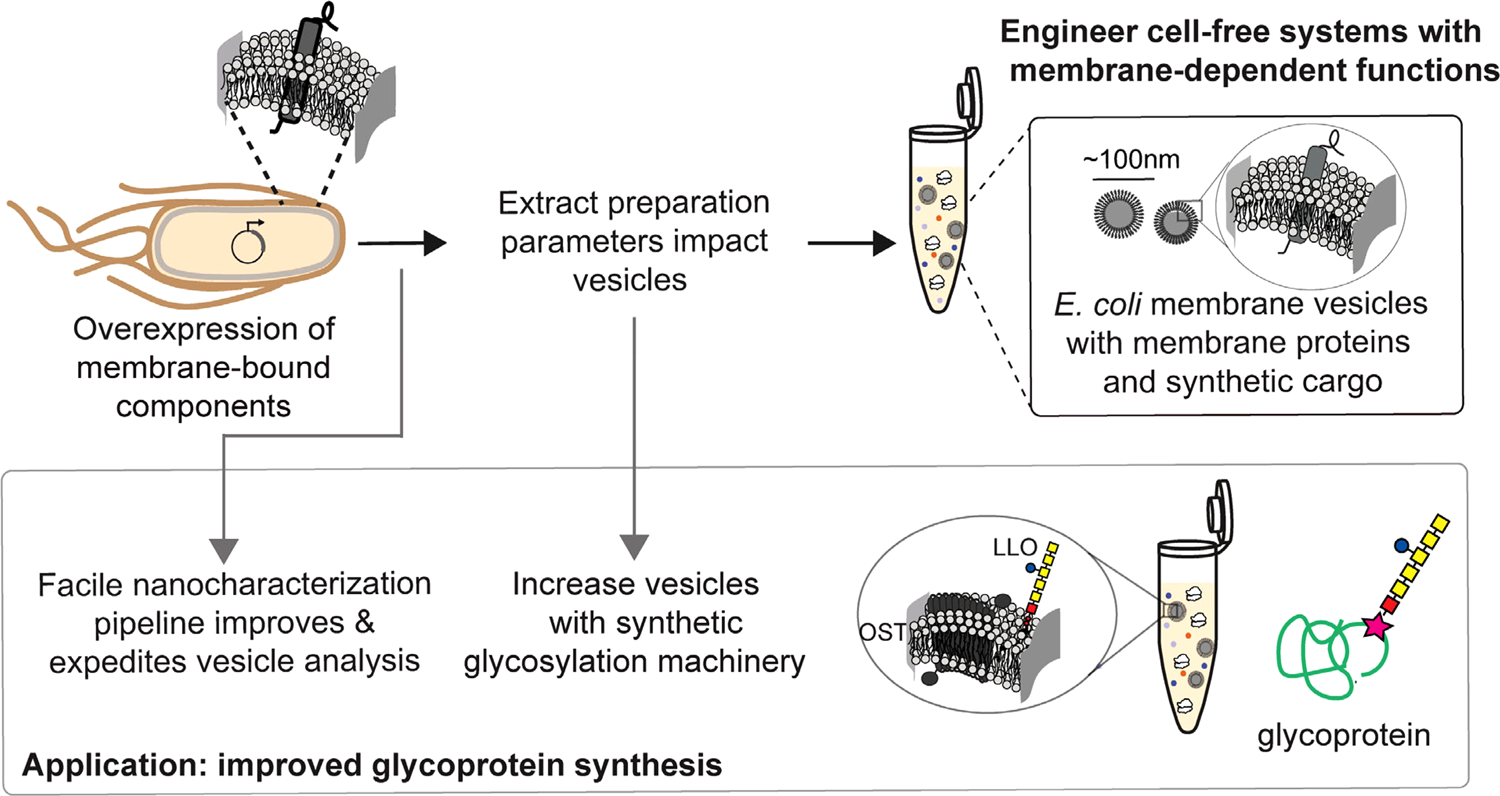
Improving cell-free glycoprotein synthesis by characterizing and enriching native membrane vesicles

Rapid cell-free forward engineering of novel genetic ring oscillators

Cell-free mutant analysis combined with structure prediction of a lasso peptide biosynthetic protein B2
THE LIVES OF A CELL : LEWIS THOMAS : Free Download, Borrow, and Streaming : Internet Archive

Rapid cell-free characterization of multi-subunit CRISPR effectors and transposons - ScienceDirect
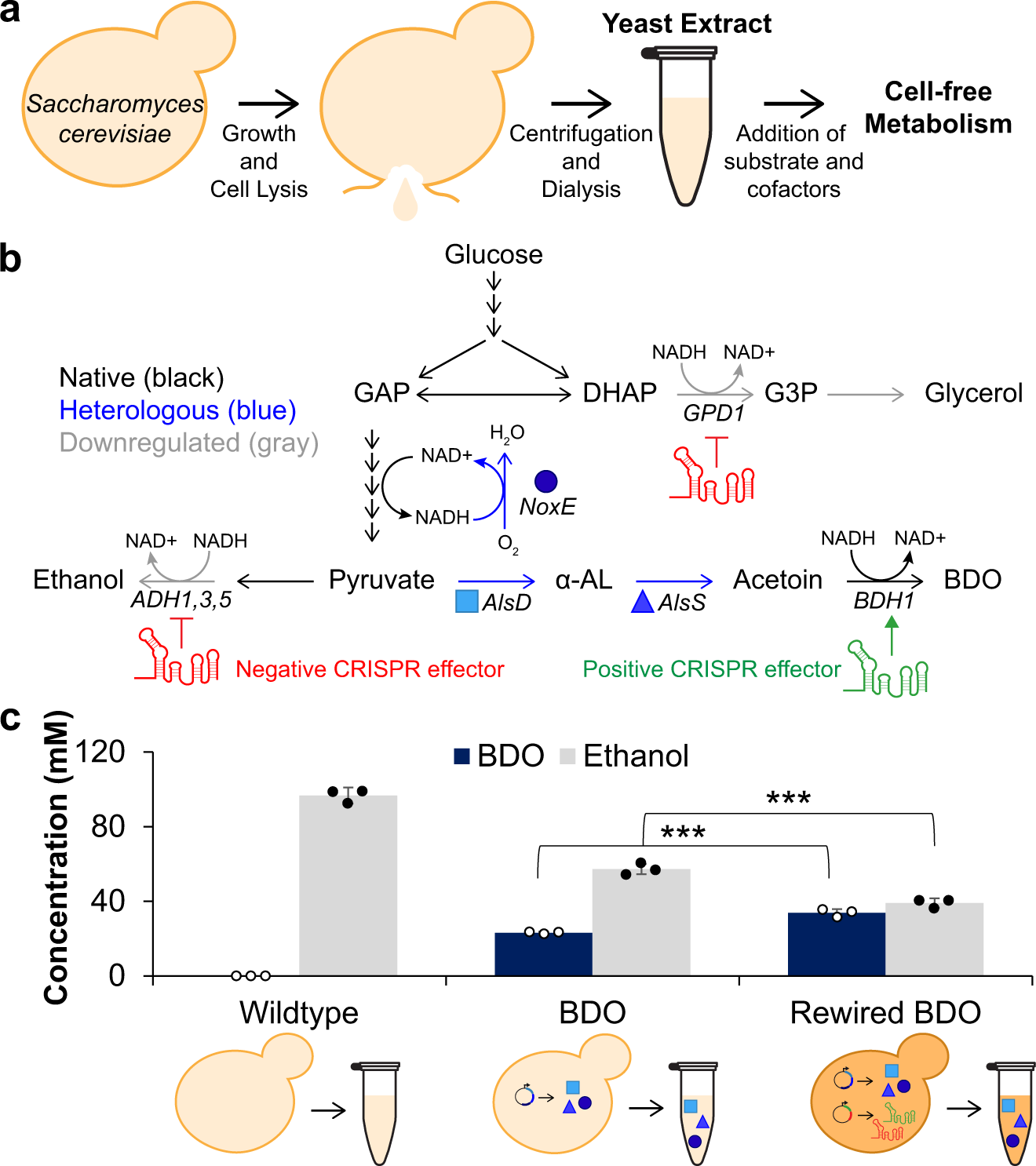
An integrated in vivo/in vitro framework to enhance cell-free biosynthesis with metabolically rewired yeast extracts

Sequencing of Circulating Cell-free DNA during Pregnancy
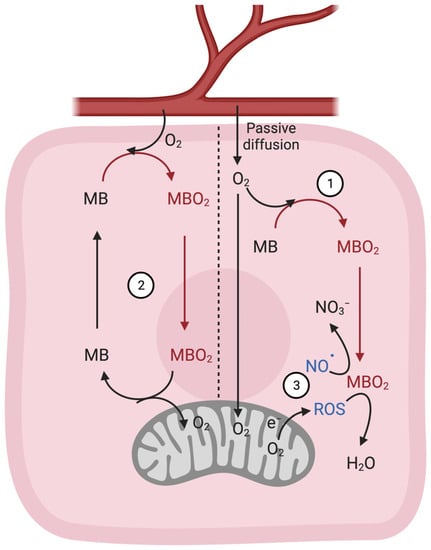
Nt Novo Cella Get File - Colaboratory
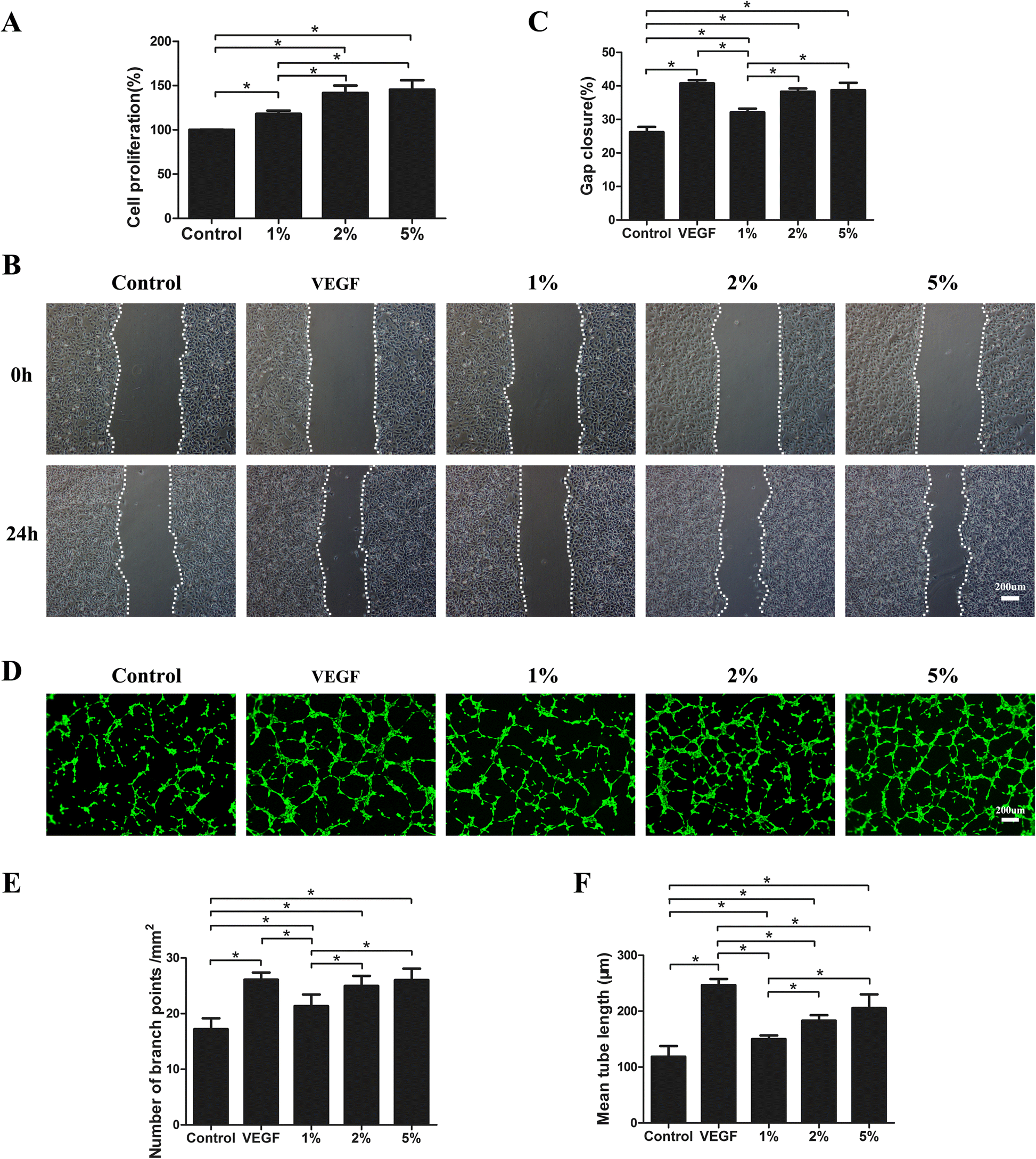
Fat extract promotes angiogenesis in a murine model of limb ischemia: a novel cell-free therapeutic strategy, Stem Cell Research & Therapy
de
por adulto (o preço varia de acordo com o tamanho do grupo)







